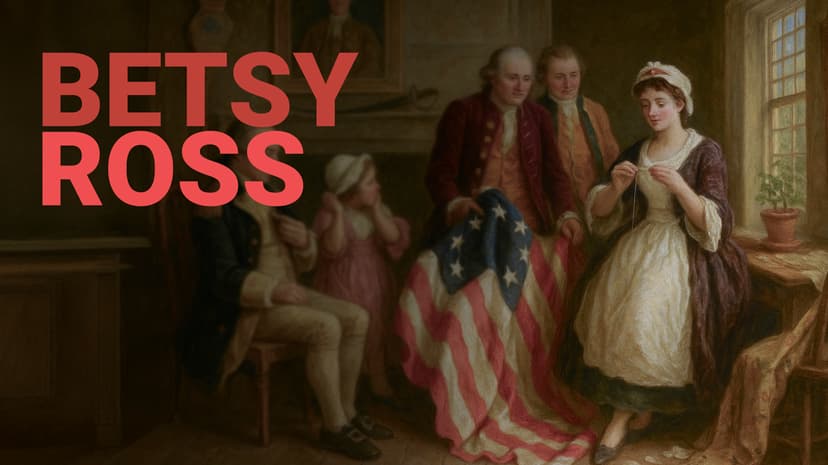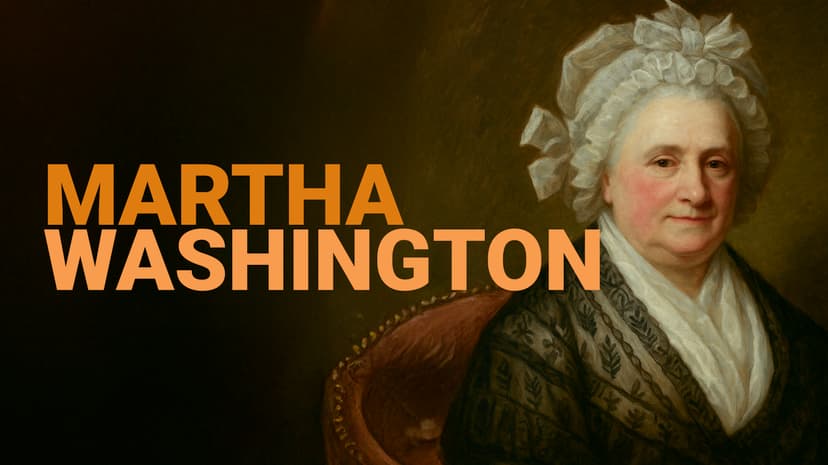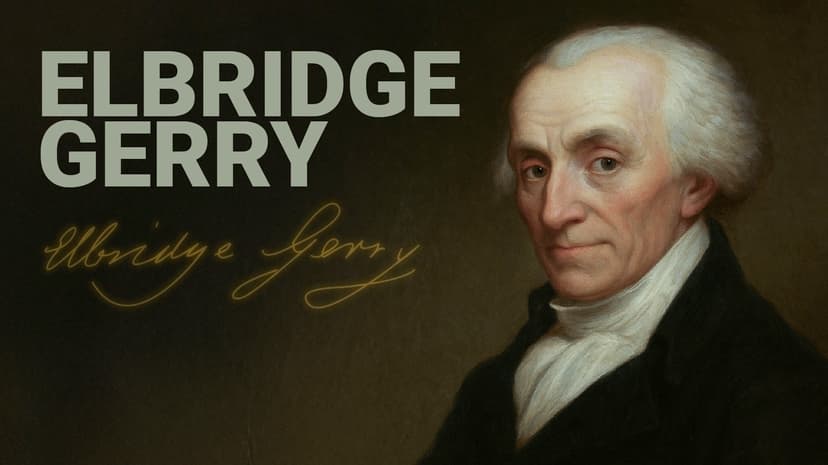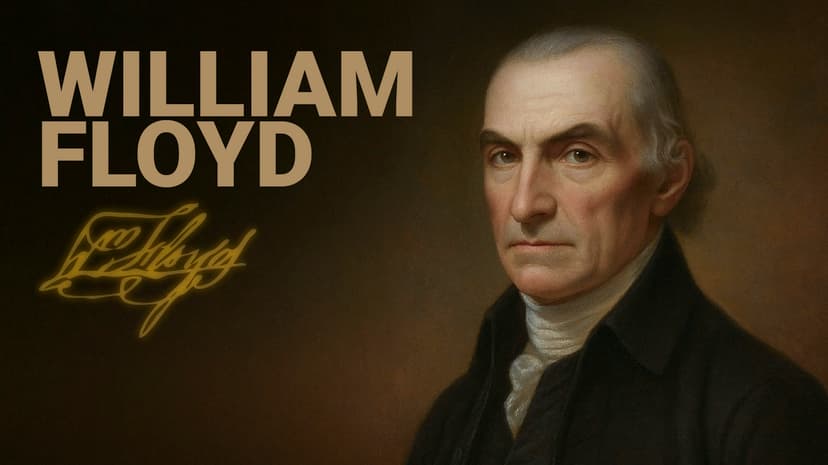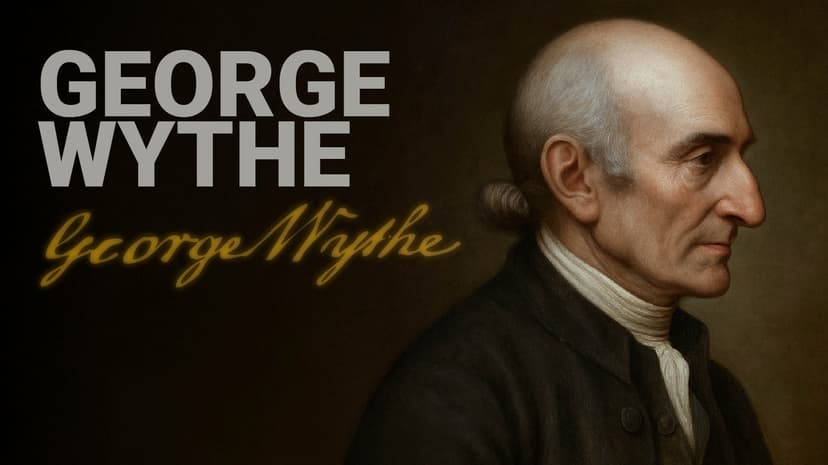Did this video impact you? Help us impact others!
Road to Liberty: Lyman Hall
Lyman Hall was born in Wallingford, Connecticut, on April 12, 1724, as the fourth of eight children. He pursued his studies at Yale College, where he graduated in 1747. He became an ordained Congregational minister, but soon pursued a career in medicine, receiving the degree of Doctor of Medicine. His first wife, Abigail Burr, died just a year after their marriage, and in 1753, Hall married Mary Osborn, and they had one son.
In the late 1750s, Hall moved to Georgia, and he became a leading physician in the area. This reputation, along with his charisma, made him a popular and well-established figure among those living in St. John’s Parish. When tensions began to rise against the King, Hall expressed his discontent with the monarch and soon became a spokesman for the Puritan discontent against the crown.
He was elected to the Second Continental Congress and signed the Declaration of Independence— one of four practicing physicians to do so. In January 1783, Hall was elected Governor of Georgia, where he had to address an onslaught of crises, including frontier problems with the Loyalists and Native Americans. He also played a crucial role in establishing the University of Georgia.
After serving as Governor, he moved to Burke Country in 1790, where he died on October 19 of that year, at the age of 66.

